2004 Jeep grand cherokee oil pressure gauge fluctuates
The main reason for 2004 Jeep grand cherokee oil pressure gauge fluctuates;
1. The most common cause of car jitter is that the throttle valve is too dirty or the oilinjection nozzle has too much carbon deposit.
2. When there is too much carbon deposit inside the engine, the gasoline ejected from the oilinjector at cold start will be absorbed by the carbon deposit in a large amount, resulting in the mixture gas being too lean at cold start, making it difficult to start. In this case, the only option is to wait until the carbon deposit is absorbed It is easy to start the car when the gasoline is saturated.
3. After landing, the gasoline adsorbed on the carbon deposit will be sucked into the cylinder by the vacuum suction of the engine for combustion, and the mixture will become richer. The lower the temperature, the greater the amount of oil required for cold start, and the existence of carbon deposits will affect the smoothness of cold start.
Severe idling vibration is generally caused by lack of engine cylinders, aging or loose rubber feet, carbon deposits, oilsystem failures, etc.
1. Serious engine carbon deposits: Cars always have carbon deposits. Carbon deposits include cylinder carbon deposits, throttle valve carbon deposits, spark plug carbon deposits, intake carbon deposits, etc. When the engine has too much carbon deposit, it will affect the ignition energy, air intake efficiency and air-oilratio of the car, resulting in unstable power output of the car, idling and acceleration jitter.
2. Unstable oil pressure: If you have cleaned the carbon deposits in the engine, cleaned the throttle valve, replaced the oil pad and spark plug, etc. , and the vehicle body still shakes when idling, it is recommended that you go to the 4S shop to check whether the oil supply pressure and intake pressure sensor are normal. If the oil supply pressure of the oil pump is abnormal, or the value of the intake pressure sensor is wrong, and the work is not good, it will cause the vehicle body to vibrate.
3. Lack of engine cylinder: engine lack of cylinder mainly means that one or more cylinders of the engine are not working properly, generally manifested as: the exhaust gas flowing out of the car is obviously intermittent, the exhaust pipe vibrates violently, and the engine can be clearly felt Vibration, sometimes accompanied by abnormal noise. This is mostly related to a faulty ignition coil.
4. Aging of engine parts: car jitter is also related to the aging of engine feet (also known as claw pads). The engine foot is actually the shock absorber system of the engine. The engine feet are responsible for absorbing slight vibrations when the engine is running. If there is a problem with the engine mounts, these vibrations can be transmitted to the steering wheel and cab, causing vibrations at idle.
Solution:
The best way is to clean the oil circuit and clean it regularly. Using PNF stock solution type oiladditives can solve the above problems caused by carbon deposition. The quality of the oilis not very good or the initial oilof the new car has been stored for too long, resulting in a rapid increase in the colloidal components of the oil circuit, which will continuously pollute the fresh oiland cause no good oilto participate in the combustion later, resulting in excessive carbon deposits. This kind of phenomenon is especially common for National VI vehicles. Only by maintaining and cleaning the oil circuit can we gradually alleviate most of the problems.
 English
English 
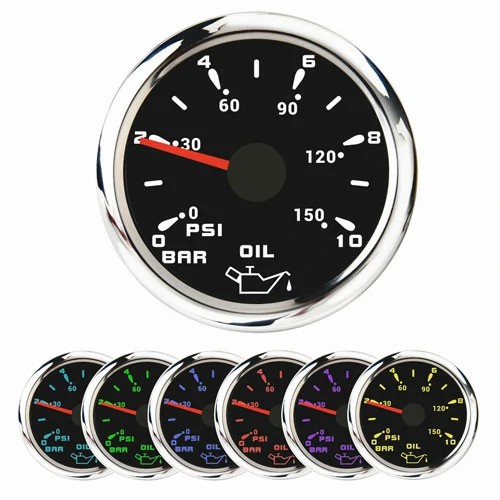
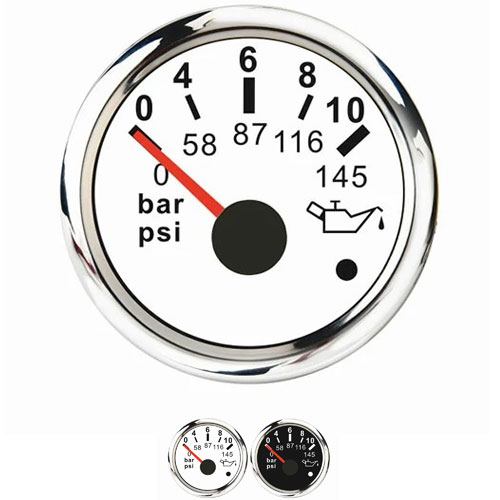
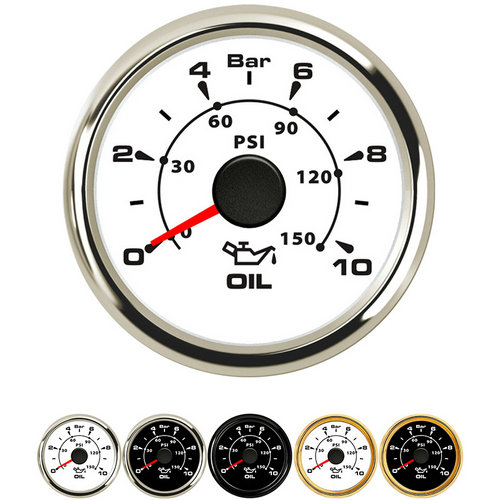
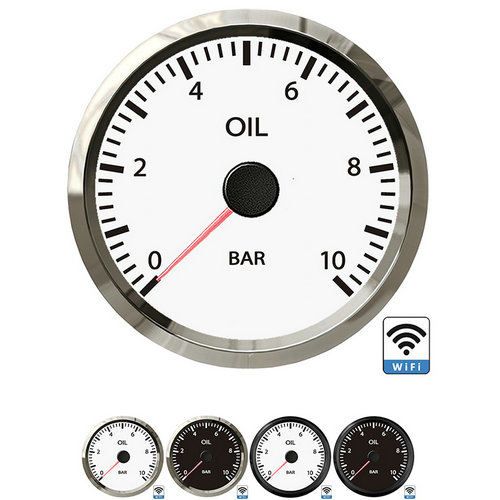
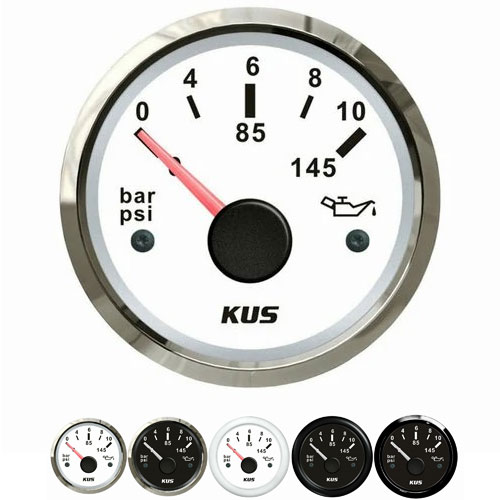
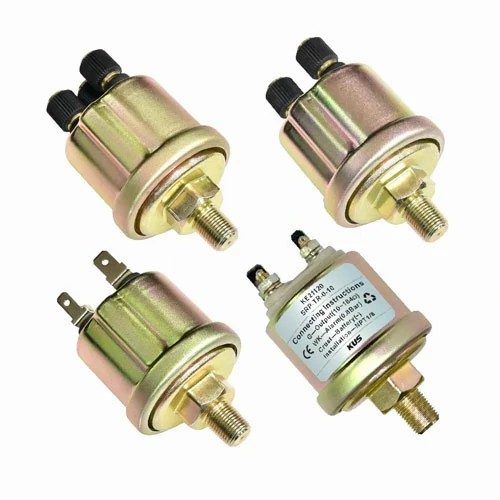
Get a Quote / Info